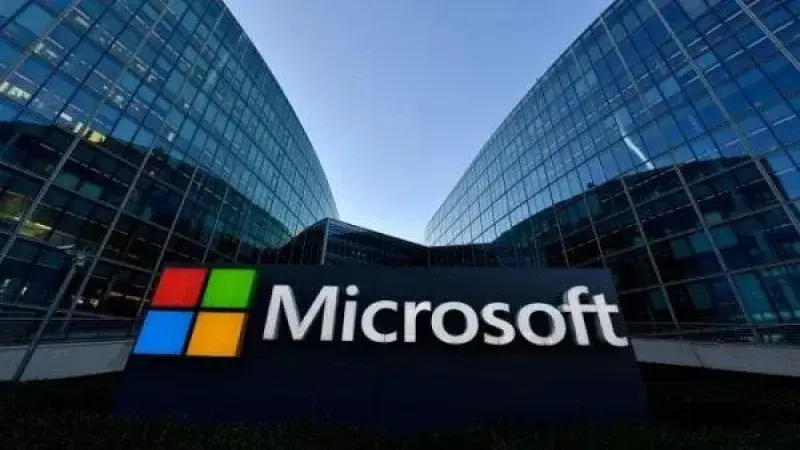Microsoft uses nuclear energy to power artificial intelligence (AI)

Do you imagine that giant computers that run artificial intelligence work on nuclear power? This is what Microsoft is aiming for, according to a job description it recently posted. In this article, we will review Microsoft’s plan to integrate nuclear reactors into its data centers, and the challenges and opportunities it faces in this field.
Small nuclear reactors to power Microsoft Cloud
It is known that Microsoft invests heavily in the field of artificial intelligence, and uses it in its various products and services. But to run this technology, you need huge computing power, and thus a lot of electricity. Therefore, Microsoft is looking for alternative solutions to generate power more efficiently and with less impact on the environment.
In this context, Microsoft posted last Thursday a description of a job for an expert in nuclear technology, who leads the company’s plan for the technical evaluation of integrating small modular reactors (SMRs) and micro reactors (MMRs) “to power data centers that contain (Microsoft Cloud), and artificial intelligence”.
Small modular reactors are nuclear reactors that generate less than 300 megawatts of power, and use water or other fluids for cooling. Micro reactors are nuclear reactors that generate less than 10 megawatts of power, and use gas or air for cooling. These reactors are characterized by being safer, more flexible and portable, and can be installed in remote or isolated places.
Microsoft considers these small nuclear reactors to be an ideal solution for powering its data centers, which require large amounts of continuous and stable power, without relying on external power grids or intermittent renewable energy sources. Microsoft also considers these nuclear reactors to contribute to reducing carbon emissions, and fulfilling its commitments to carbon neutrality.
Microsoft’s partnerships in the field of nuclear energy
This is not the first time that Microsoft has shown interest in nuclear energy. It has had relations and partnerships with several companies and institutions working in this field.
One of these partnerships is Microsoft’s investment in OpenAI, a non-profit company that aims to create and publish artificial general intelligence (AGI), which is a type of artificial intelligence that can understand and perform any task that a human can do. Microsoft announced in January last year a multi-year investment of billions of dollars in OpenAI, to enable the use of Azure cloud computing platform for OpenAI, and to obtain exclusivity to benefit from OpenAI’s technology in its products and services.
Perhaps the most famous product of OpenAI is ChatGPT robot, which is a system for dialogue with artificial intelligence that uses a giant neural model
Microsoft supports innovation in the field of nuclear fusion
In addition to interest in nuclear fission, Microsoft also supports innovation in the field of nuclear fusion, which is a process that occurs in the sun and generates huge energy from merging two small atomic nuclei. This technology is one of the most important goals for scientists and engineers, because it may provide a source of clean, safe and almost unlimited energy.
In May, Microsoft announced that it had signed a power purchase agreement with Helion, a startup working in the field of nuclear fusion, to buy electricity from it in 2028. Helion says it uses a unique system that uses magnetism to compress and heat gas from helium-3 and deuterium, and cause a fusion reaction that generates electrical energy.
Kurt Coles, CEO of Helion, said his company aims to build small nuclear fusion reactors that can be easily transported, and that Microsoft’s agreement will help him achieve this goal. He added that OpenAI is one of the investors in his company, and that Sam Altman, CEO of OpenAI, is one of the co-founders of Helion.
In addition to using artificial intelligence in its products and services, Microsoft is looking for new ways to run this technology more efficiently and with less impact on the environment. Therefore, Microsoft invests in the field of nuclear energy, whether through fission or fusion. Microsoft considers these energy sources to achieve sustainable solutions for powering its data centers, and obtaining huge computing power to unleash the capabilities of artificial intelligence.